Oslo
Just under a two-hour drive from the Svinesund Bridge, forested hills give way to Norway’s vibrant capital at the tip of the 60-mile-long Oslofjord that lends itself to some great boat rides. Check into the Amerikanlinjen Hotel around the corner from Karl Johans Gate, Norway’s longest pedestrian street lined with designer boutiques, cafes, clubs and bars.
A Fairtrade coffee from Stockfleths Lille Grensen will quell the strongest caffeine cravings as you explore Oslo’s Cathedral, Parliament, National Theatre, City Hall, and Royal Palace. A longer walk will lead you to the Nobel Peace Center.
Grab a burger from the Go'Grilla Foodtruck to eat on the hoof along the five-mile-long Harbour Promenade, popular among the locals who lap up the summer warmth with live music, ice creams, and a seawater pool. Take in the sailboats, Viking ship, and just across the water, the Snøhetta-designed Oslo Opera House, where pedestrians traverse the roof even more than the vast interior where concerts are held. There’s always something arty going on around here and in August the free Mela music festival is a riot.
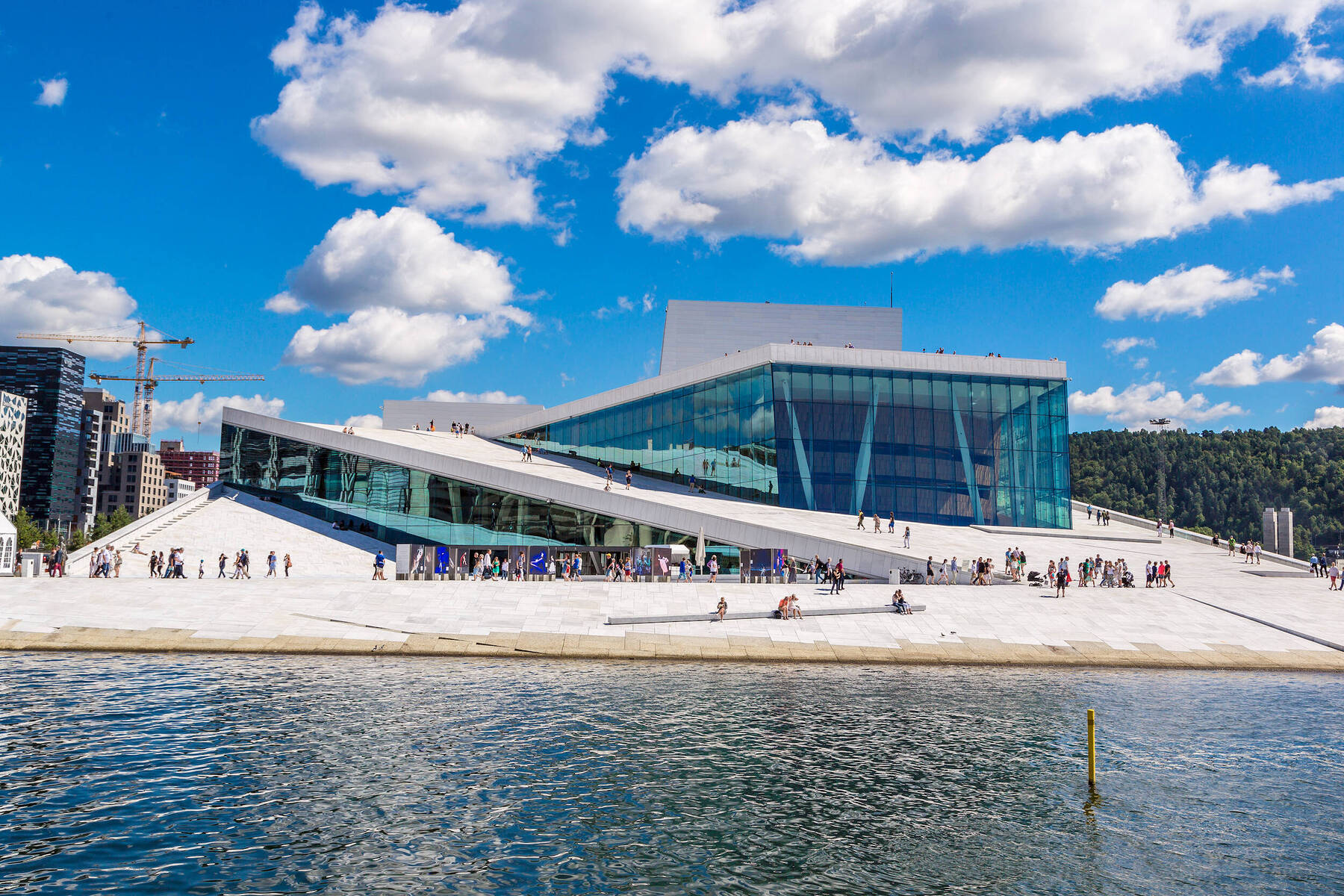
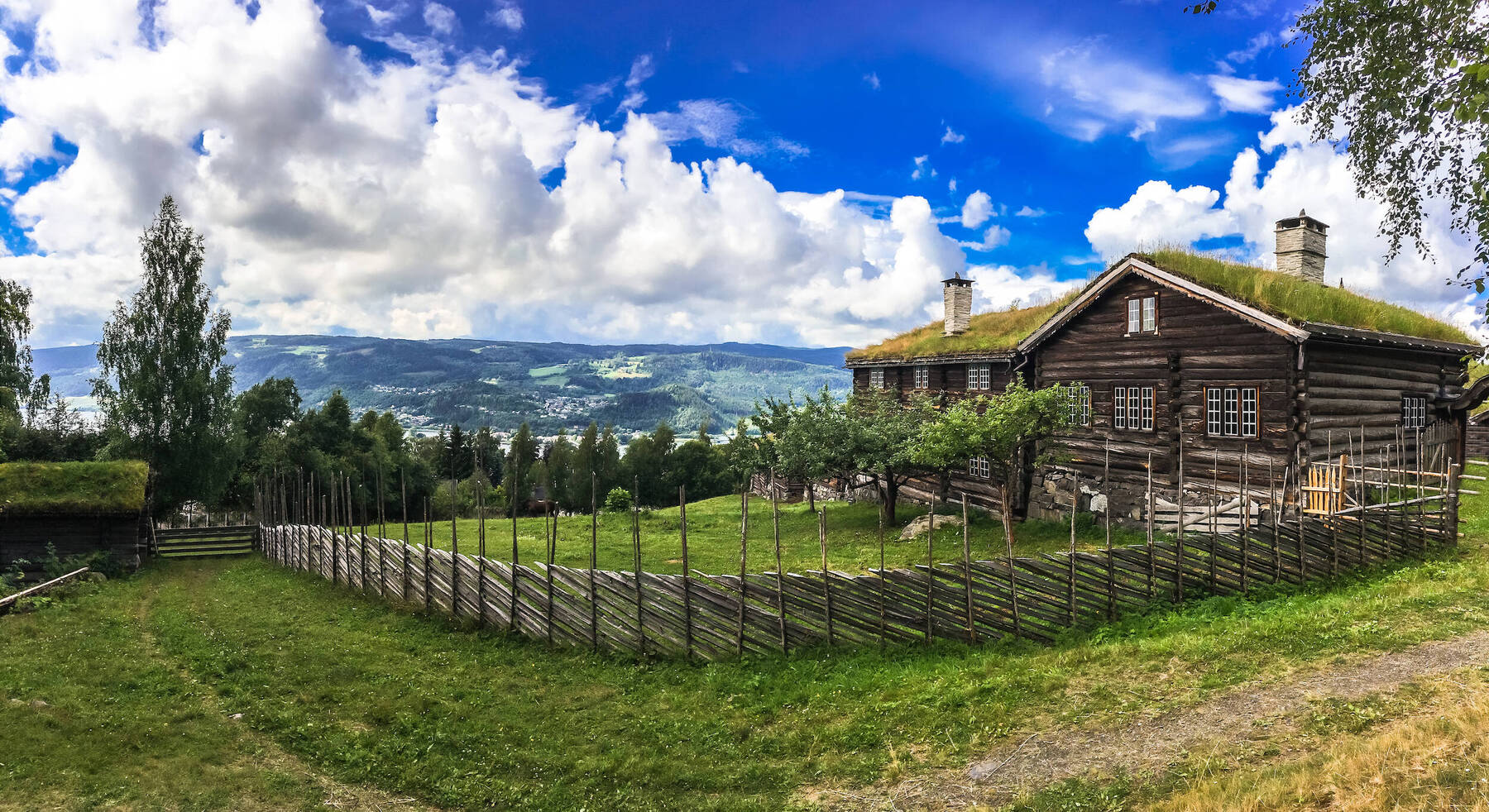
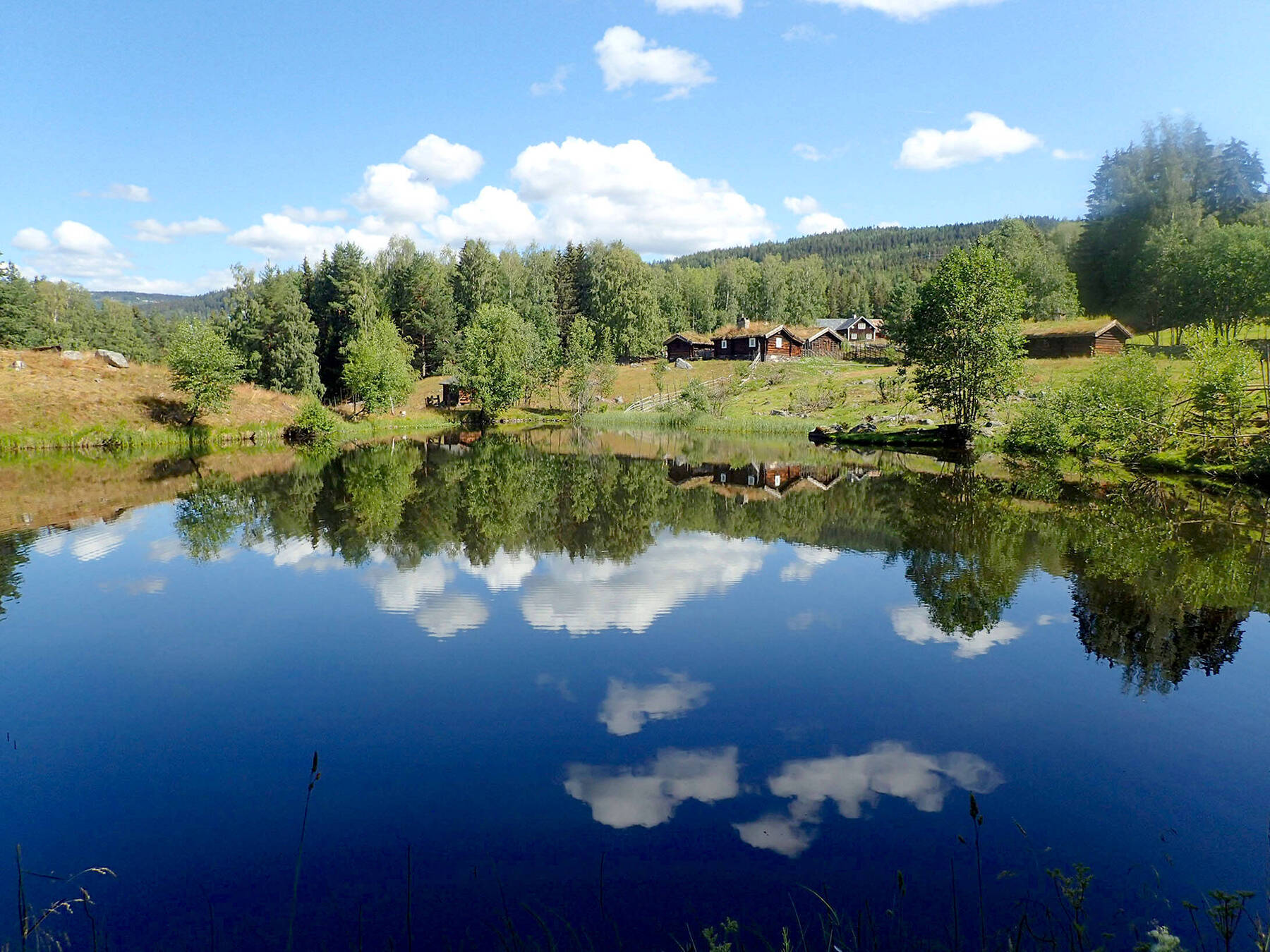
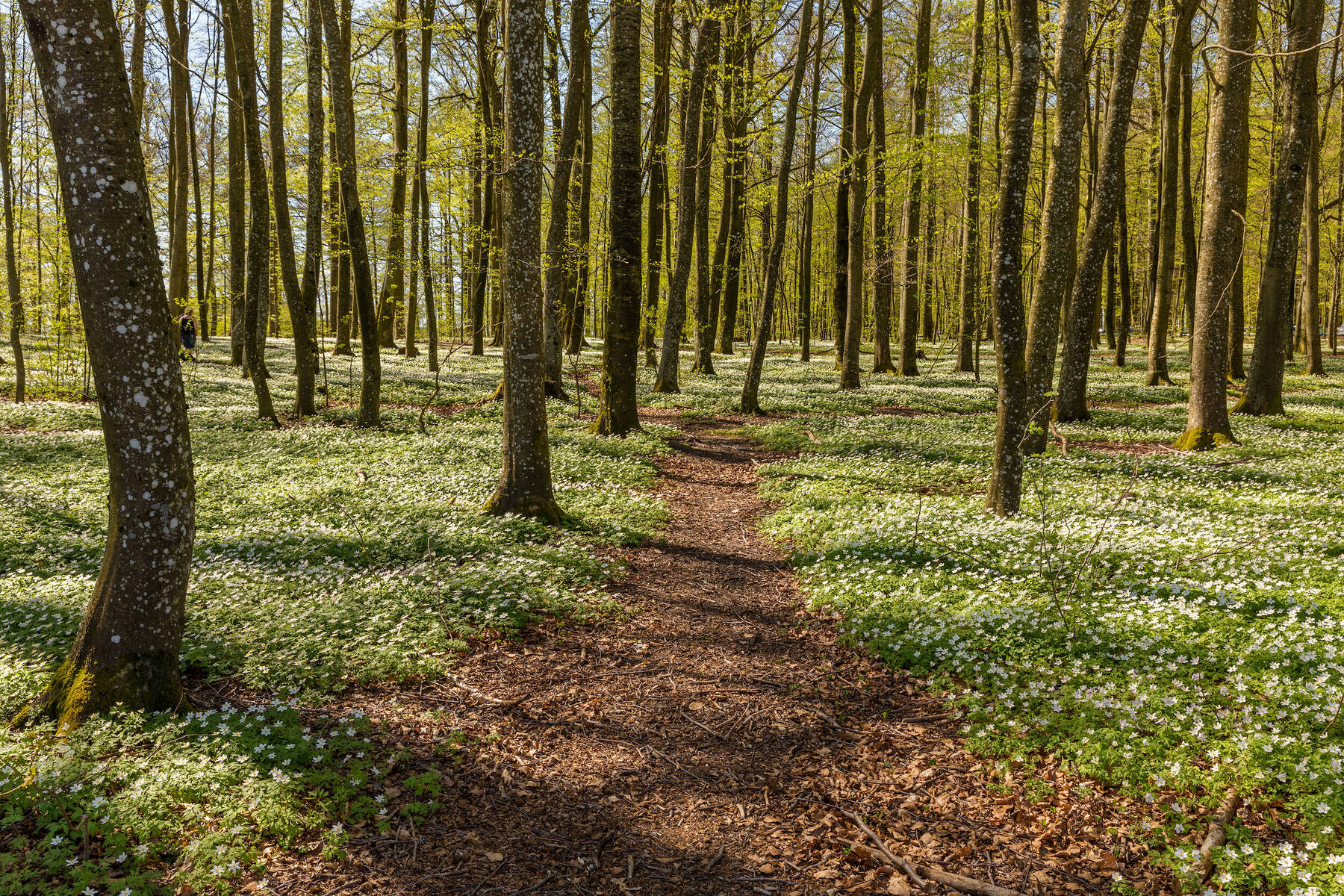
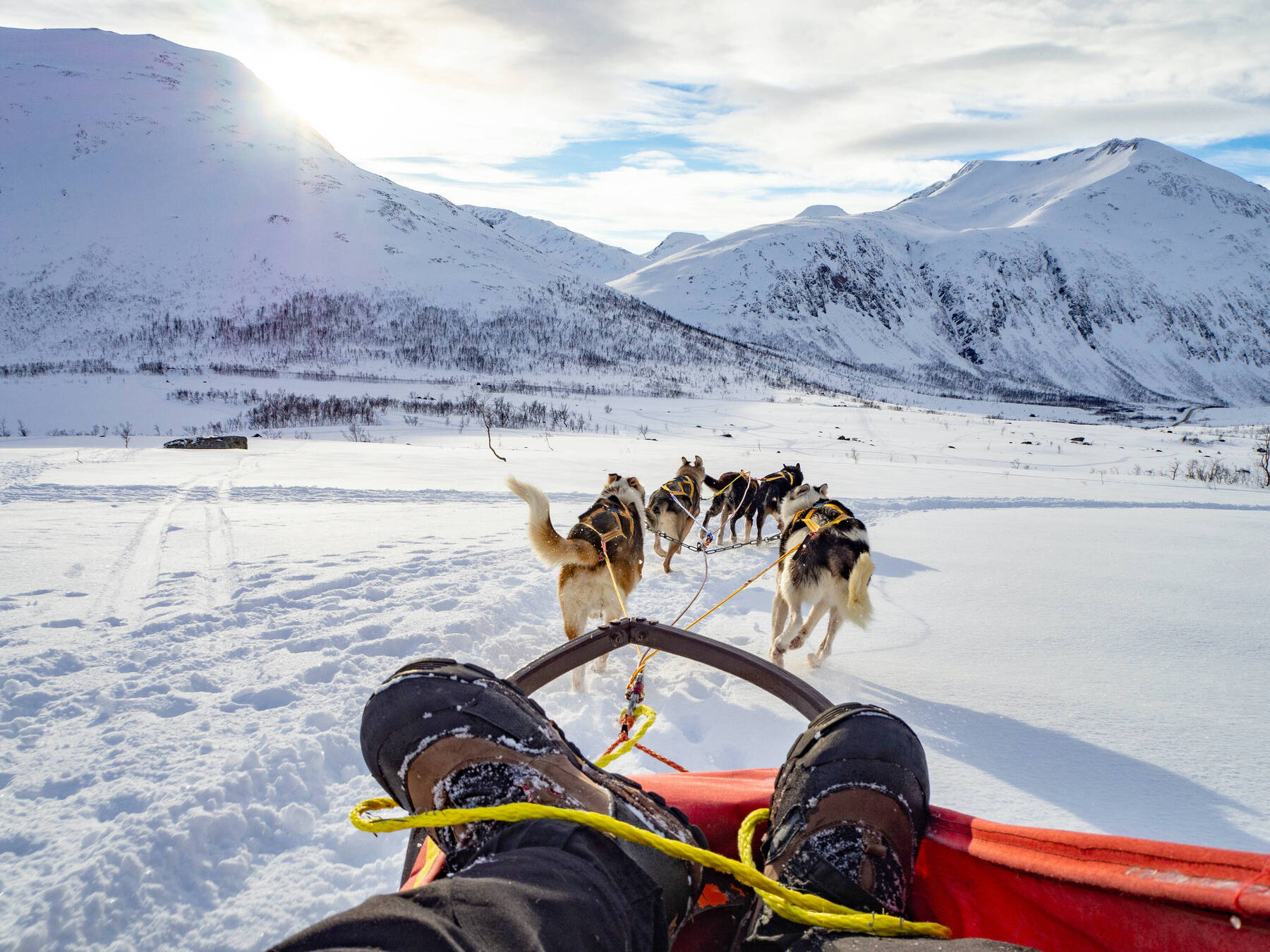
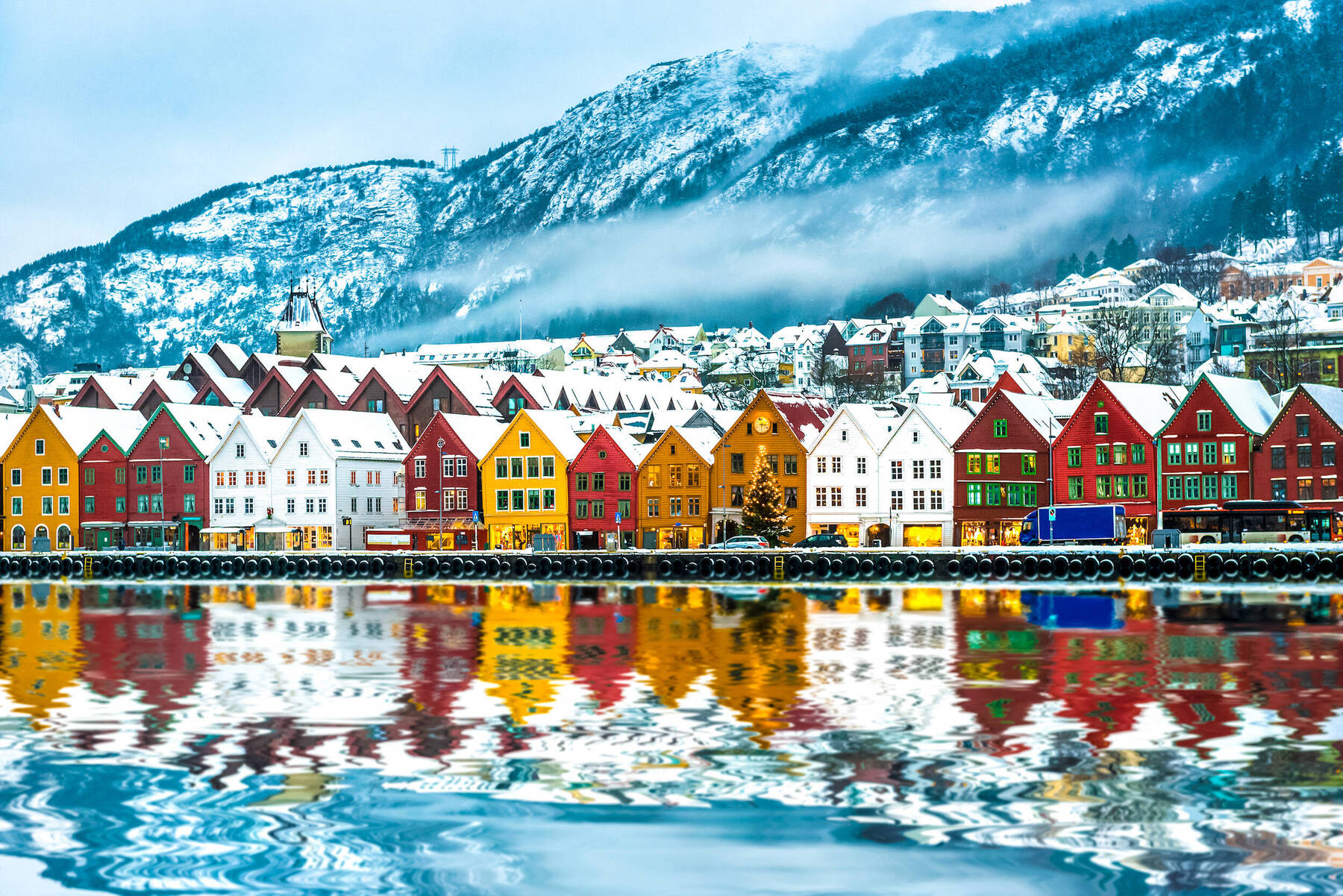
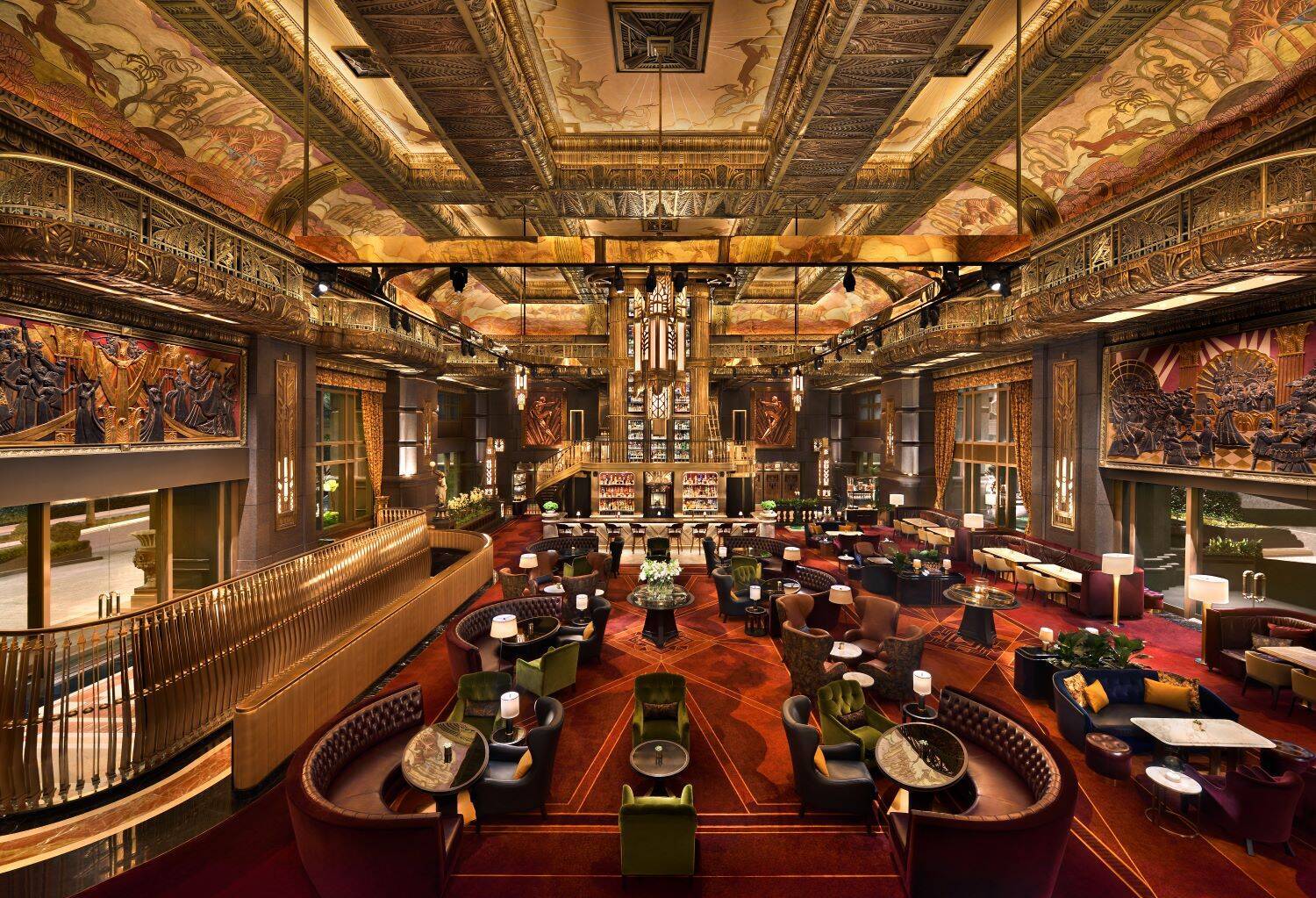

Comments